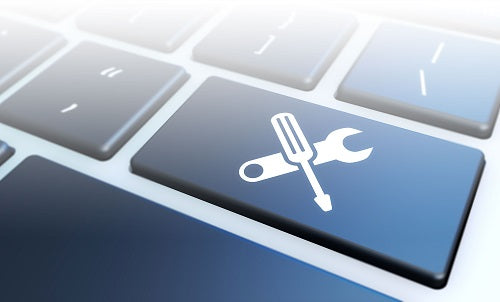No products found
Use fewer filters or remove all
Orders & Invoices
What are orders and invoices?
Orders and invoices are central documents in business transactions. An order is a formal request from a customer to a company to deliver products or services. The invoice, on the other hand, is a document that lists the services provided or goods delivered and states the amount due. Both documents are important for accounting and tracking payments and services.
How do I create an order?
To create an order, you should first gather all relevant information, such as the customer's contact details, a description of the desired products or services, and the agreed prices. It is important to set clear terms and deadlines to avoid misunderstandings. A well-structured order facilitates later processing and ensures transparency between the parties.
What must be included on an invoice?
An invoice should contain certain information to be legally valid. This includes the name and address of the company, the customer's contact details, the invoice date, a unique invoice number, and a detailed list of the goods or services delivered. Additionally, the payment terms and the total amount should be clearly stated to ensure smooth processing.
How do I manage orders and invoices efficiently?
Efficient management of orders and invoices requires a good system for tracking. Digital tools and software solutions can help store all documents in one place and keep track of open and paid invoices. Regular reviews and clear communication with customers are also important to ensure that all payments are made on time.
- Clear order numbers for better traceability
- Detailed invoice breakdowns for transparency
- Digital tools for managing and archiving documents
How do I handle payment delays?
In the event of a payment delay, it is important to first contact the customer. Often there are understandable reasons for the delay. A friendly reminder letter can help clarify the situation. If the payment continues to be outstanding, legal steps can be considered. However, it is advisable to view this as a last resort and initially work towards an amicable solution.
What legal aspects need to be considered?
When creating orders and invoices, you should inform yourself about the legal requirements in your country. This includes regulations on invoicing, retention obligations, and data protection provisions. Correct and complete documentation is not only important for accounting but also protects against potential legal issues. It may be advisable to seek legal advice in a timely manner.














